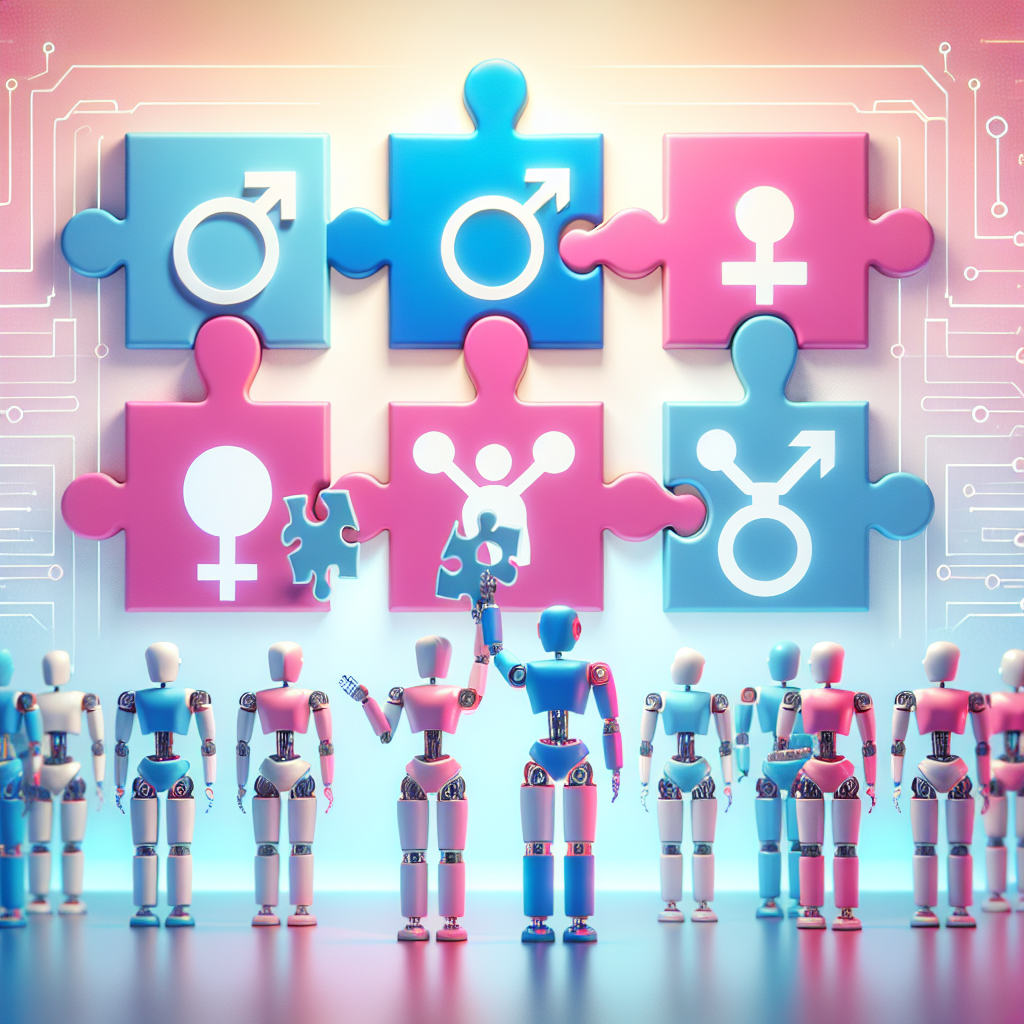The Role of AI Automation in Gender Equality
Gender equality is a fundamental human right and a necessary foundation for a peaceful, prosperous, and sustainable world. Despite progress in recent years, gender disparities still persist in various aspects of society, including the workplace. However, advancements in technology, particularly in the field of artificial intelligence (AI) automation, have the potential to play a significant role in promoting gender equality.
AI automation refers to the use of AI technologies to automate tasks that were previously performed by humans. This can range from simple repetitive tasks to complex decision-making processes. By automating these tasks, AI can help reduce bias, increase efficiency, and promote fairness in various areas of society, including education, healthcare, and the workplace.
In the context of gender equality, AI automation can help address several key issues. For example, it can help reduce gender bias in hiring and promotion decisions by using algorithms to assess candidates based on their skills and qualifications rather than their gender. This can help increase diversity in the workplace and ensure that all employees have equal opportunities for advancement.
AI automation can also help address the gender pay gap by ensuring that salary decisions are based on objective criteria rather than subjective judgments. By analyzing factors such as education, experience, and performance, AI algorithms can help ensure that employees are paid fairly for their work, regardless of their gender.
In addition, AI automation can help promote work-life balance by automating routine tasks and freeing up time for employees to focus on more meaningful and fulfilling work. This can help reduce burnout and improve job satisfaction, particularly for women who may bear a disproportionate burden of household and caregiving responsibilities.
Furthermore, AI automation can help improve access to education and healthcare for women and girls in developing countries. By automating tasks such as grading exams or diagnosing medical conditions, AI can help increase efficiency and reduce costs, making these services more accessible to marginalized populations.
Overall, AI automation has the potential to play a significant role in promoting gender equality by reducing bias, increasing efficiency, and promoting fairness in various aspects of society. However, it is important to be mindful of the potential pitfalls of AI technology, such as algorithmic bias and privacy concerns, and to ensure that these technologies are developed and deployed in a responsible and ethical manner.
FAQs
1. How can AI automation help reduce gender bias in hiring decisions?
AI automation can help reduce gender bias in hiring decisions by using algorithms to assess candidates based on their skills and qualifications rather than their gender. By analyzing factors such as education, experience, and performance, AI algorithms can help ensure that hiring decisions are based on objective criteria rather than subjective judgments.
2. How can AI automation help address the gender pay gap?
AI automation can help address the gender pay gap by ensuring that salary decisions are based on objective criteria rather than subjective judgments. By analyzing factors such as education, experience, and performance, AI algorithms can help ensure that employees are paid fairly for their work, regardless of their gender.
3. How can AI automation help promote work-life balance for women?
AI automation can help promote work-life balance for women by automating routine tasks and freeing up time for employees to focus on more meaningful and fulfilling work. This can help reduce burnout and improve job satisfaction, particularly for women who may bear a disproportionate burden of household and caregiving responsibilities.
4. How can AI automation help improve access to education and healthcare for women and girls in developing countries?
AI automation can help improve access to education and healthcare for women and girls in developing countries by automating tasks such as grading exams or diagnosing medical conditions. By increasing efficiency and reducing costs, AI can help make these services more accessible to marginalized populations.
5. What are some potential pitfalls of AI automation in promoting gender equality?
Some potential pitfalls of AI automation in promoting gender equality include algorithmic bias, privacy concerns, and job displacement. It is important to be mindful of these issues and to ensure that AI technologies are developed and deployed in a responsible and ethical manner.

